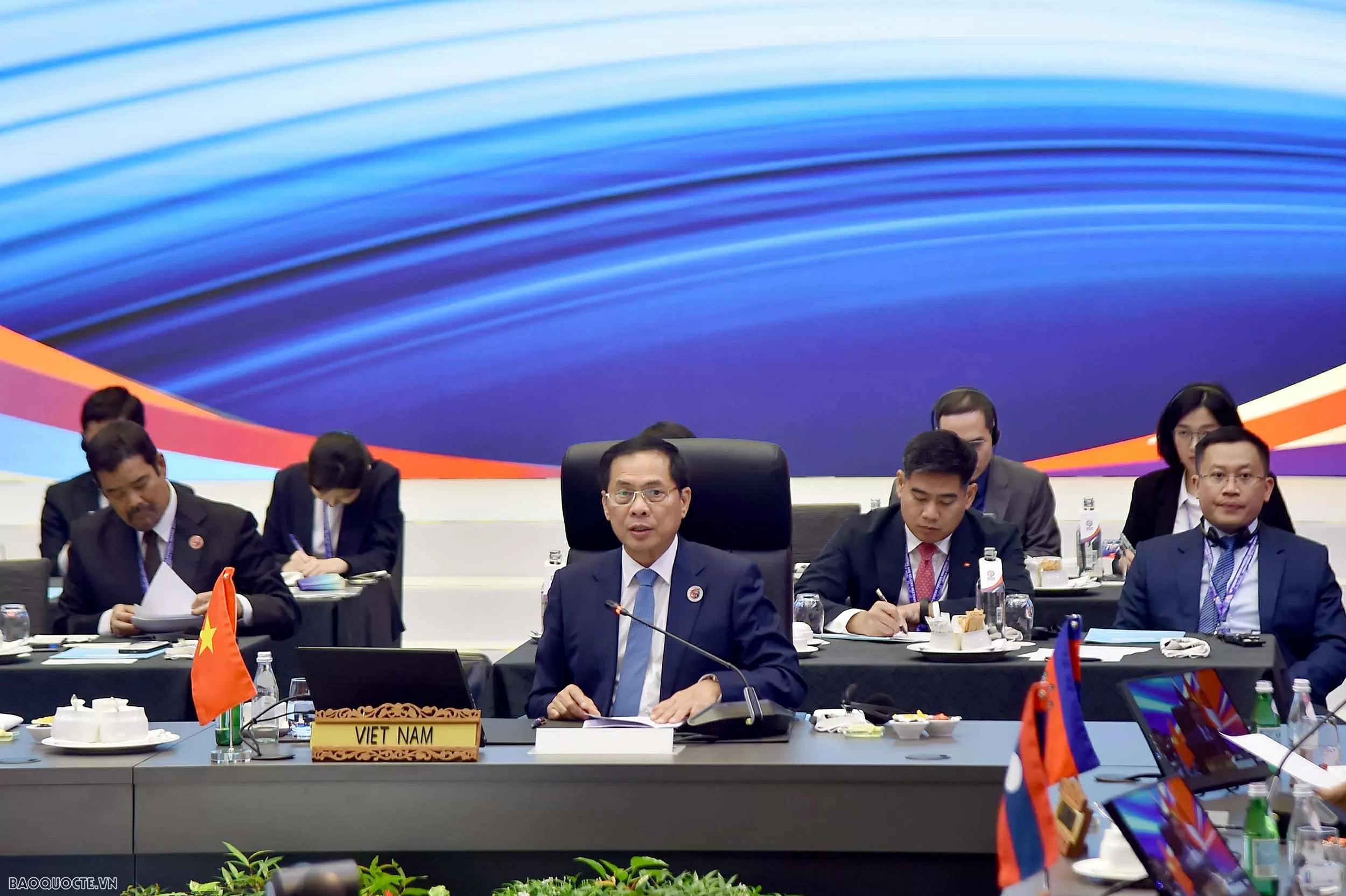 |
| Deputy Prime Minister and Minister of Foreign Affairs Bui Thanh Son co-chaired the 16th Mekong-Japan Foreign Ministers' Meeting. (Photo: Quang Hoa) |
At the Conference, member countries assessed that the first year of implementing the Mekong-Japan Strategy 2024 has contributed to creating new steps in improving the investment environment, enhancing the capacity to apply high technology and artificial intelligence (AI), and connecting transport infrastructure in the sub-region.
The Ministers affirmed their commitment to creating new momentum for the Mekong-Japan Partnership (MJC) in the context of unpredictable changes in the world and regional situation, and multilateral cooperation facing intertwined opportunities and challenges.
To keep up with new trends and development needs of members, the Ministers emphasized that MJC needs to focus on digital transformation, digital human resource development, investment in hard and soft infrastructure development, response to the impacts of climate change, natural disasters, sustainable water resource management, and prevention of transnational crimes, especially cybercrime.
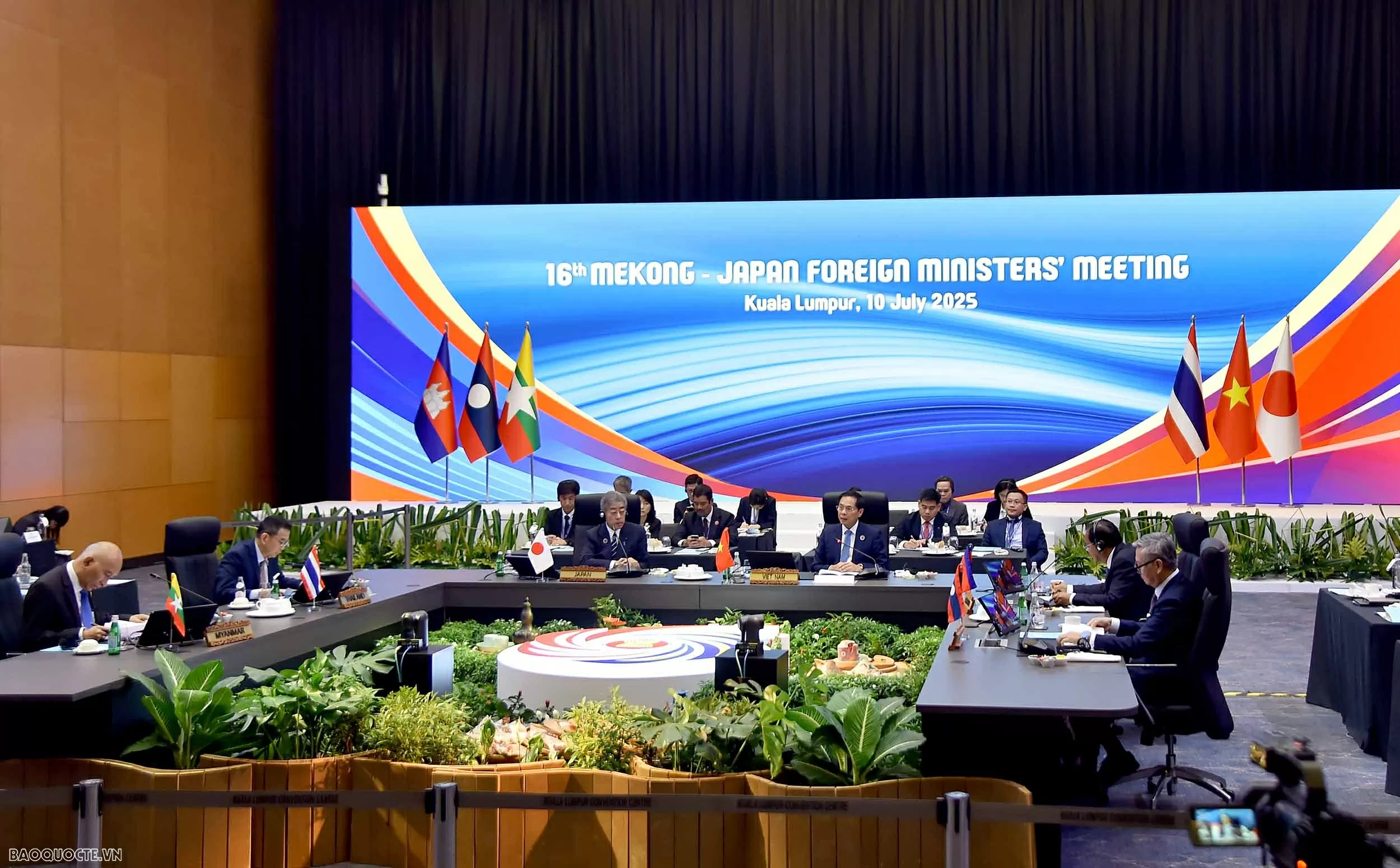 |
| Member countries highly appreciated the co-chairing role of Vietnam and Japan in elevating MJC cooperation and agreed to resume the Mekong-Japan Summit at the end of 2025. (Photo: Quang Hoa) |
Deputy Prime Minister and Minister Bui Thanh Son proposed that Mekong-Japan cooperation should be implemented with new thinking, new methods, and new approaches to build a creative and adaptive MJC mechanism. The Deputy Prime Minister and Minister proposed that in the coming time, Mekong-Japan cooperation should focus on 3 priority areas.
First, strengthen hard and soft infrastructure connectivity, implement cross-border trade initiatives, and enhance the capacity of micro, small and medium enterprises (MSMEs).
Second , accelerate digitalization, innovation, develop digital centers and apply green technology in production and management of all fields.
Third , increase cross-sectoral solutions to address food-water-energy security challenges, and invest and transfer technology to develop renewable energy.
The Deputy Prime Minister and Minister emphasized that the private sector is the key force for MJC to realize the above-mentioned cooperation areas. In that spirit, member countries welcomed the Deputy Prime Minister and Minister’s initiative to periodically organize the Mekong-Japan Business Forum to promote the potential and contributions of the Mekong-Japan business community.
Member countries appreciated the co-chairing role of Vietnam and Japan in elevating MJC cooperation and agreed to resume the Mekong-Japan Summit at the end of 2025.
At the end of the Conference, Vietnam and Japan issued a Co-Chairs Statement.
| The MJC mechanism includes six members: Cambodia, Laos, Myanmar, Japan, Thailand and Vietnam. In 2025, the MJC will launch a new co-chairing mechanism, with Vietnam being the first Mekong country to take on this role. |
Source: https://baoquocte.vn/tao-xung-luc-moi-cho-quan-he-doi-tac-mekong-nhat-ban-320562.html



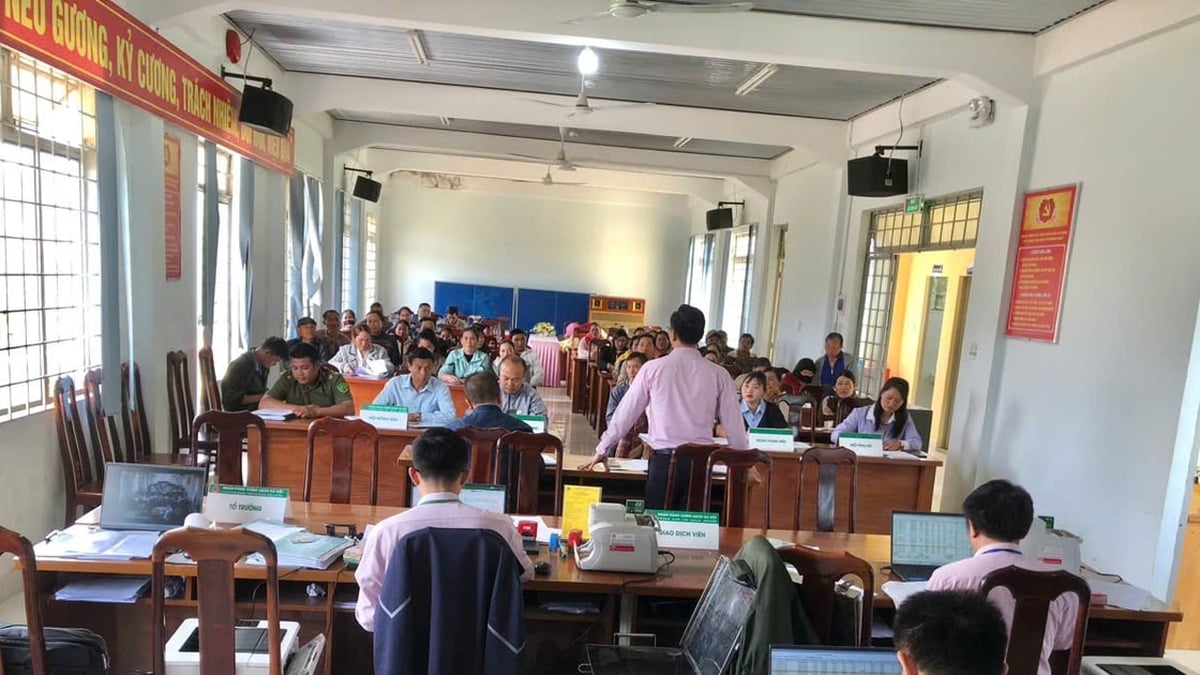

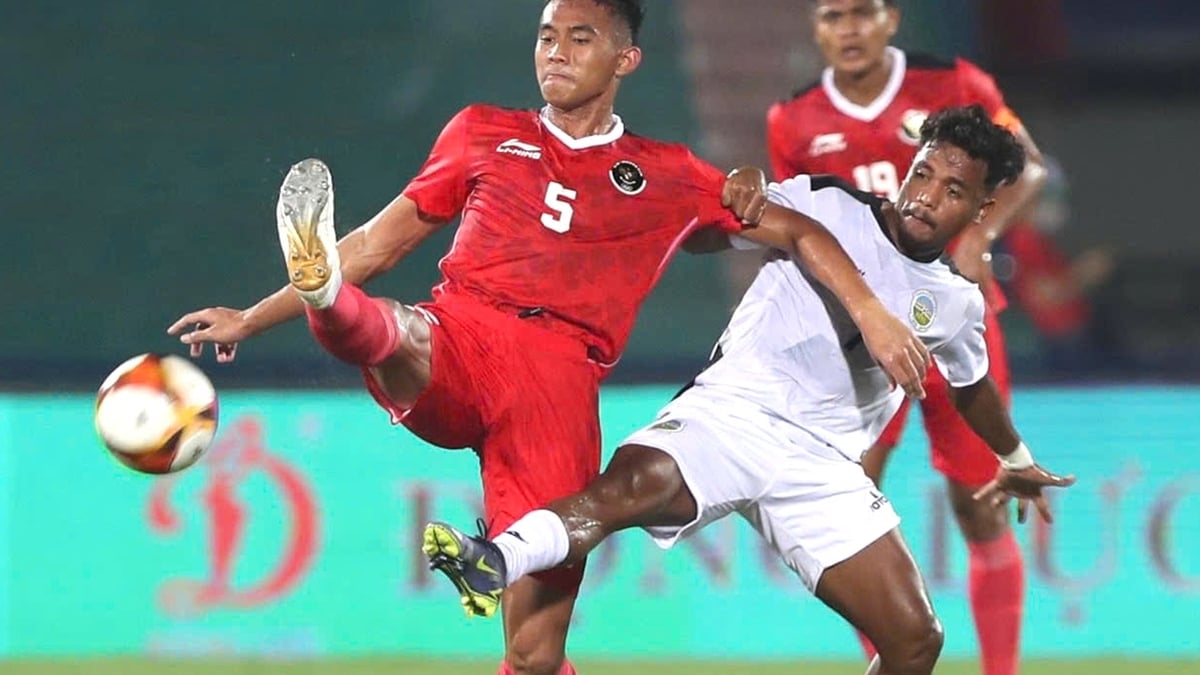
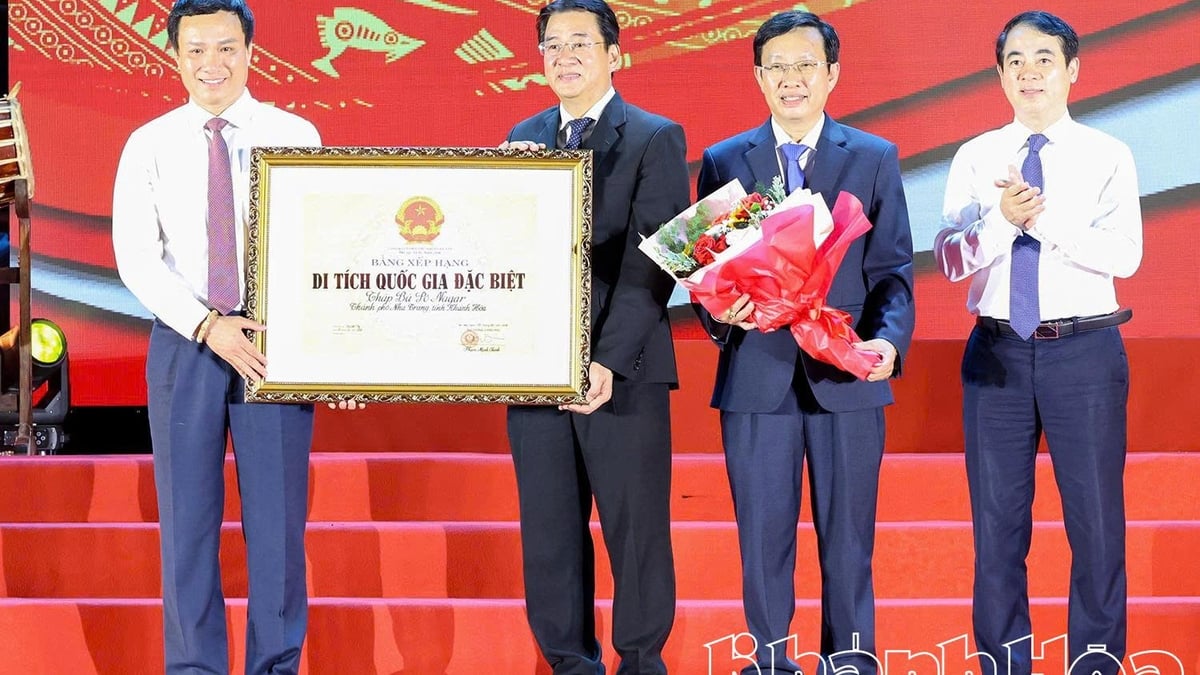



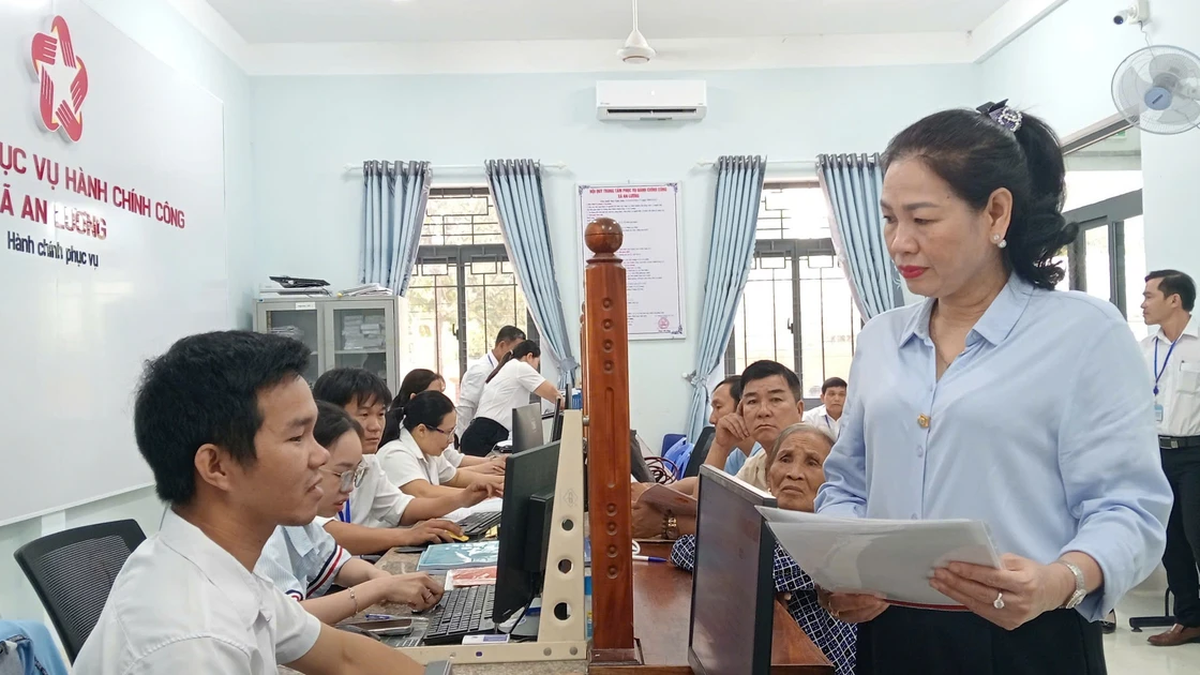


















![[Photo] Gia Lai provincial leaders offer flowers at Uncle Ho's Monument with the ethnic groups of the Central Highlands](https://vphoto.vietnam.vn/thumb/1200x675/vietnam/resource/IMAGE/2025/7/9/196438801da24b3cb6158d0501984818)


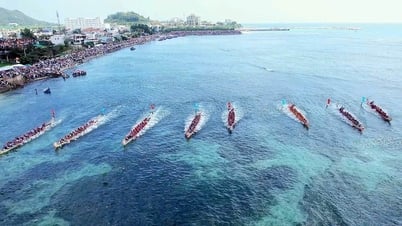

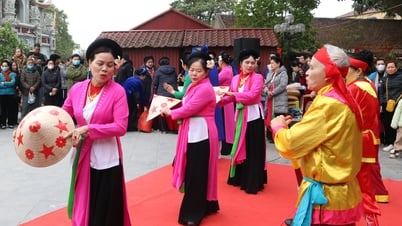

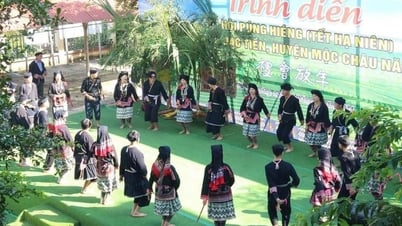

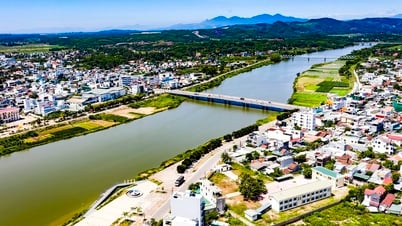

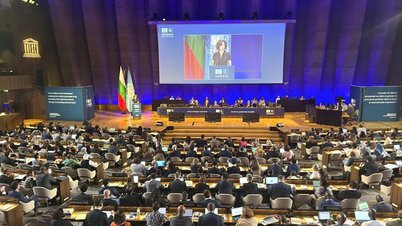



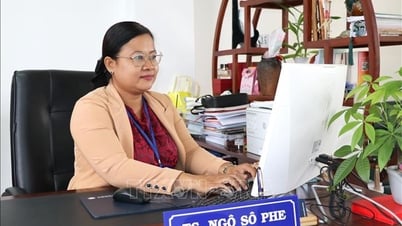




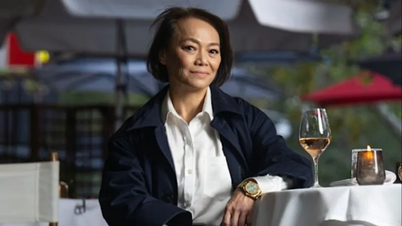





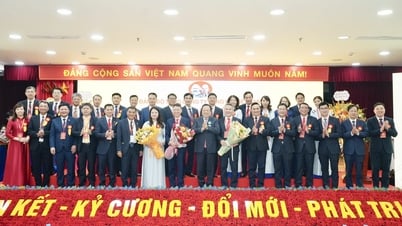




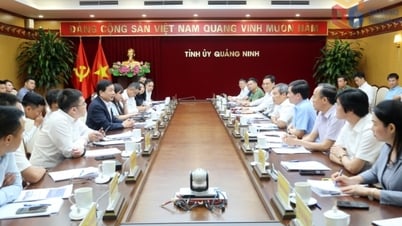

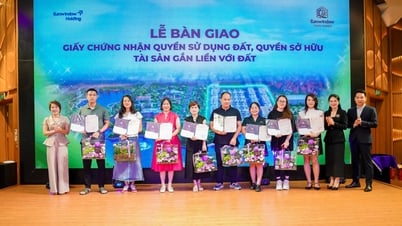






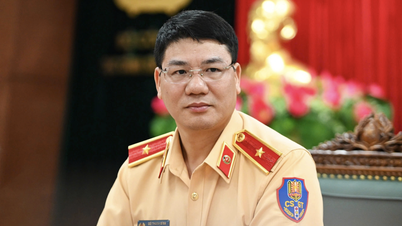
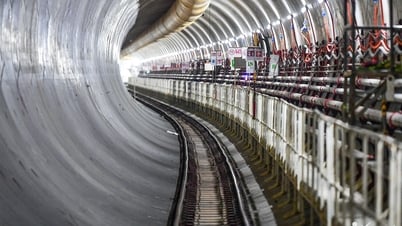
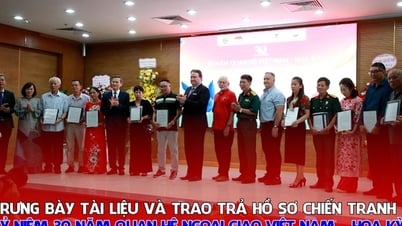

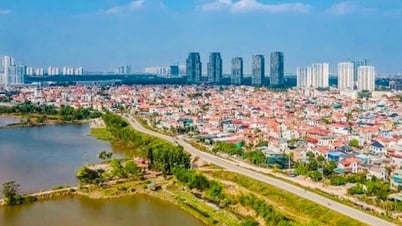

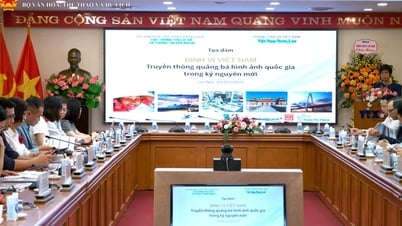

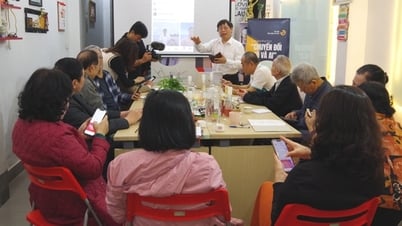









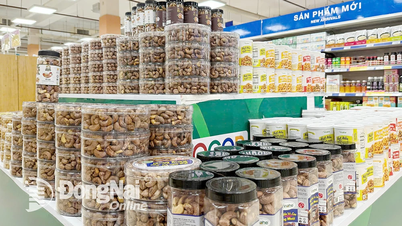








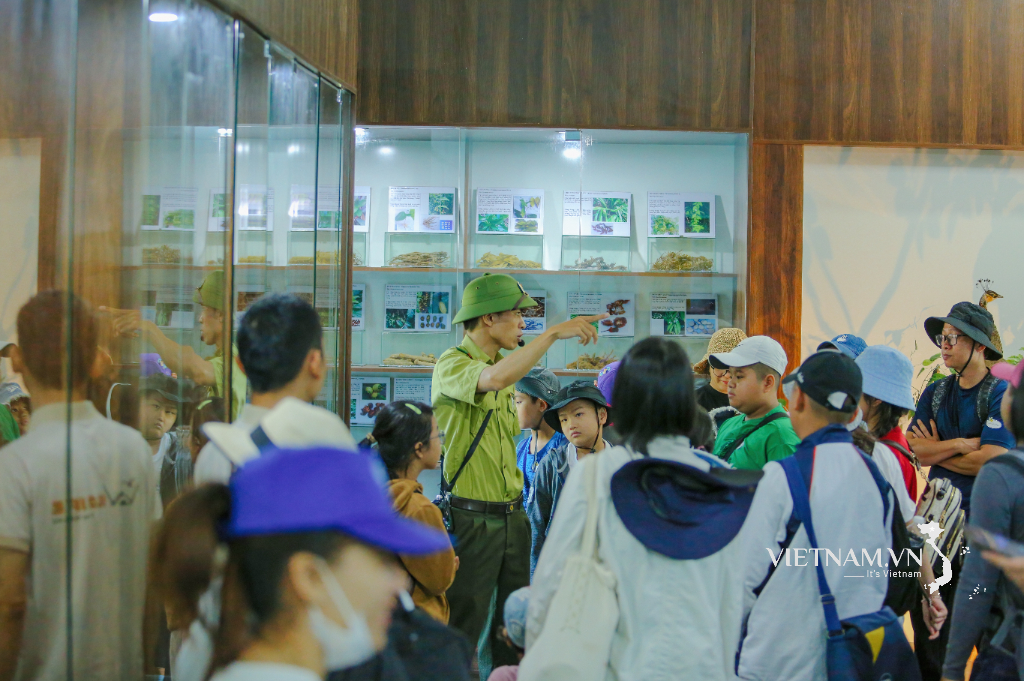
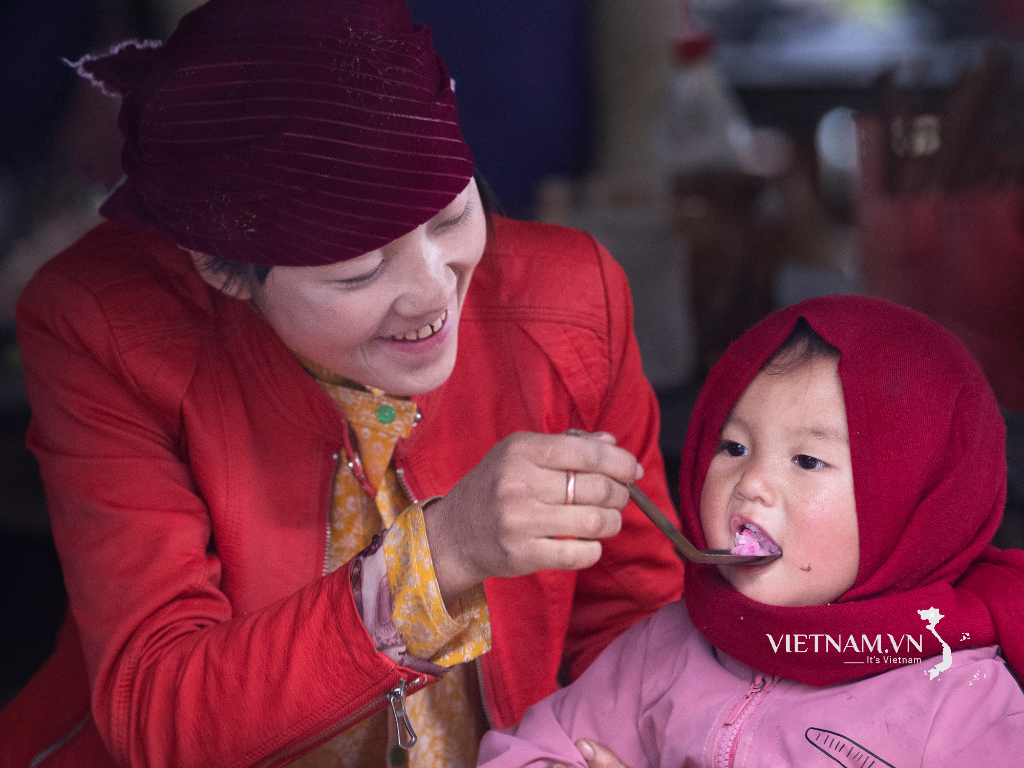
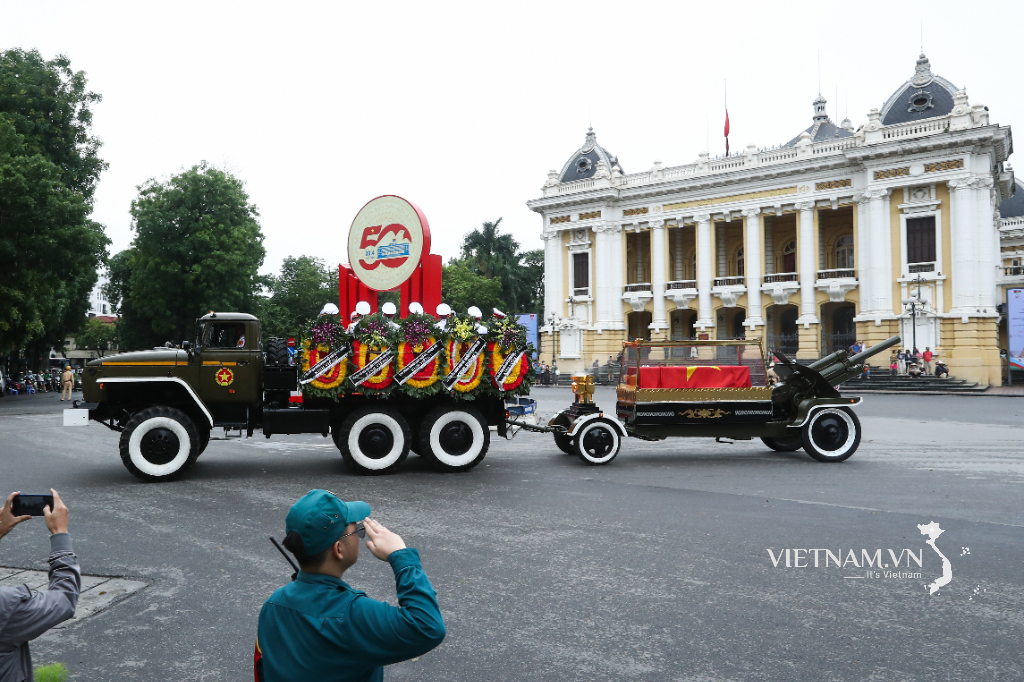
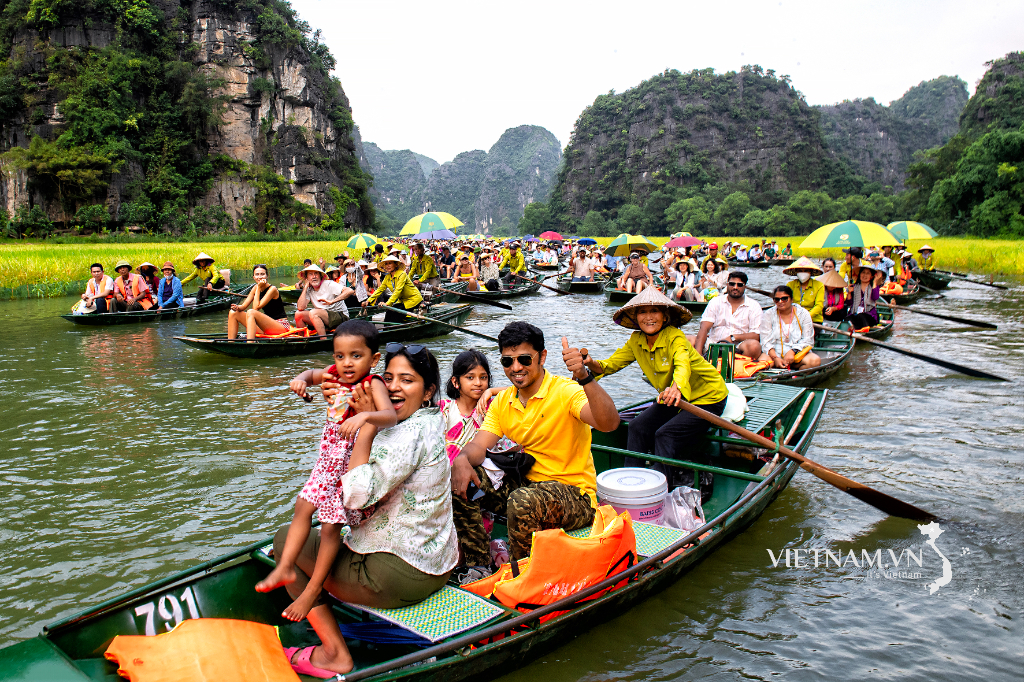
Comment (0)